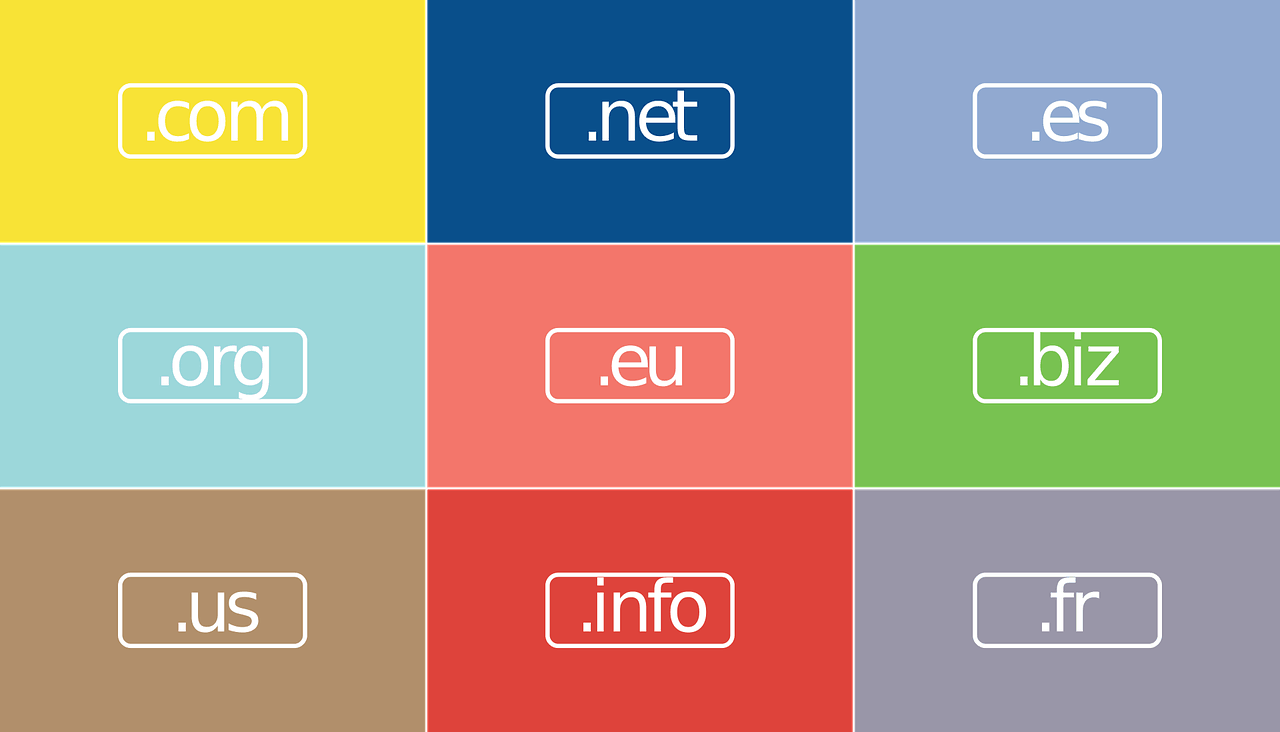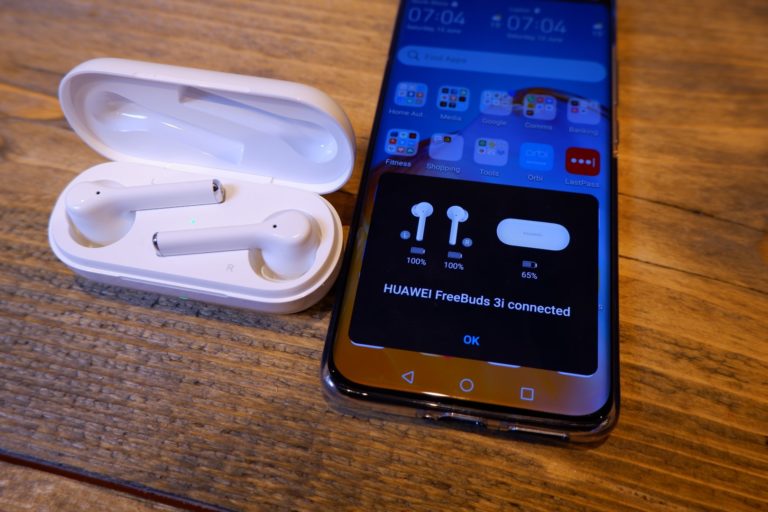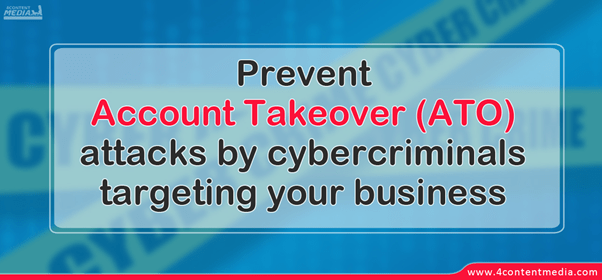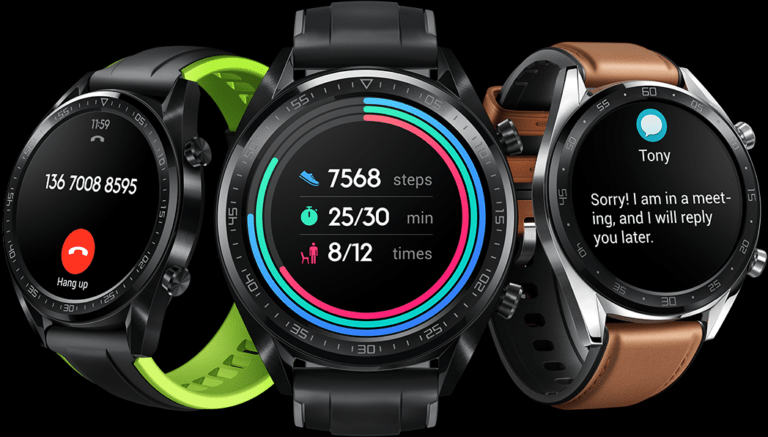Any links to online stores should be assumed to be affiliates. The company or PR agency provides all or most review samples. They have no control over my content, and I provide my honest opinion.
DNS or Domain Name System is an essential part of the web that makes internet communications possible. Most internet users aren’t even aware of the existence of a so-called domain name system or DNS. But without this system, they wouldn’t be able to access websites or do basic browsing activities.
Besides enabling internet communications, DNS is in charge of keeping the browsing experience fast and enjoyable. By default, everyone uses the default DNS service provided by their ISP. But sometimes that can be a problem. Read this article to understand why.
What is DNS?
Before getting into the vulnerabilities often associated with domain name systems, let’s define the term DNS.
A DNS serves to translate user-friendly domain names into numeric IP addresses that a computer can read and understand. For instance, once you search the web for Forbes.com, the computer won’t understand the word “Forbes”. It can only recognize numeric sequences.
That’s when DNS jumps in to translate Forbes.com into its numeric form for the browser to understand. Your DNS will remember the pages you visit most often by placing them into a “cache.” That way, the next time you search for the same page, the browser will be quicker at pulling it up.
DNS Security Vulnerabilities
The majority of home networks use the DNS assigned by the internet service provider. It is convenient to settle for the default option without having to invest time or money. But there is a reason why it isn’t the best idea. For instance, default domain name systems are average at best when it comes to security and speed.
A slow DNS server will affect your online browsing experience and expose you to common cybersecurity threats. Some of the risks associated with poor DNS security include DDoS attacks and cache poisoning. Hackers use distributed denial of service attacks to take servers down and breach their security walls. If DNS infrastructure cannot handle a large number of incoming requests, your network can fall under the pressure. A poor DNS infrastructure, thus, can make your network vulnerable to DDoS attacks.
Another way hackers can leverage a poorly structured DNS is through cache poisoning. As mentioned before, domain name systems save the IP addresses of websites you visit most often into a “cache.” So, DNS allows faster and easier access the next time you search the same domain. But if the system is not secure enough, hackers can intercept the cache and change the addressing information.
During the so-called “cache poisoning” attack, they redirect your browser to a different address. It showcases the replica of the original site. The goal behind these advanced phishing methods is to get you to submit your data or credentials into a fake website. Then it forwards the information to the hacker. So a lousy secured DNS can put financial and personal data at risk without the user ever noticing a threat.
Why You Should Change your DNS Provider
Upgrading to a better DNS server will not only make web browsing faster, but it will also prevent any unwanted security incidents. Many reliable providers manage domain name systems. They also optimize them for speed and efficiency with optimum security in mind. Therefore, by switching to a different DNS provider, you can bypass some threats and vulnerabilities.
There are both free and paid DNS servers available. If you use a premium virtual private network, such as NordVPN, it has its own DNS servers. Once you connect to a VPN, all DNS requests will go to their servers. So besides encrypting your traffic and hiding your IP address, a VPN can eliminate the risk of DDoS attacks and cache poisoning.
Most users neglect the importance of DNS security and settle for services provided by their ISP. That’s why hackers consider DNS-oriented attacks profitable. That said, the number of data breaches and cache poisoning attacks continues to grow as we head further into 2020. Consider upgrading your DNS service or using a VPN to secure your data and browsing activities further.
I am James, a UK-based tech enthusiast and the Editor and Owner of Mighty Gadget, which I’ve proudly run since 2007. Passionate about all things technology, my expertise spans from computers and networking to mobile, wearables, and smart home devices.
As a fitness fanatic who loves running and cycling, I also have a keen interest in fitness-related technology, and I take every opportunity to cover this niche on my blog. My diverse interests allow me to bring a unique perspective to tech blogging, merging lifestyle, fitness, and the latest tech trends.
In my academic pursuits, I earned a BSc in Information Systems Design from UCLAN, before advancing my learning with a Master’s Degree in Computing. This advanced study also included Cisco CCNA accreditation, further demonstrating my commitment to understanding and staying ahead of the technology curve.
I’m proud to share that Vuelio has consistently ranked Mighty Gadget as one of the top technology blogs in the UK. With my dedication to technology and drive to share my insights, I aim to continue providing my readers with engaging and informative content.







